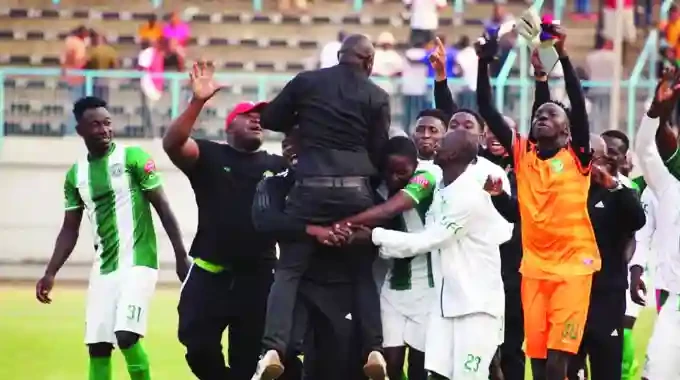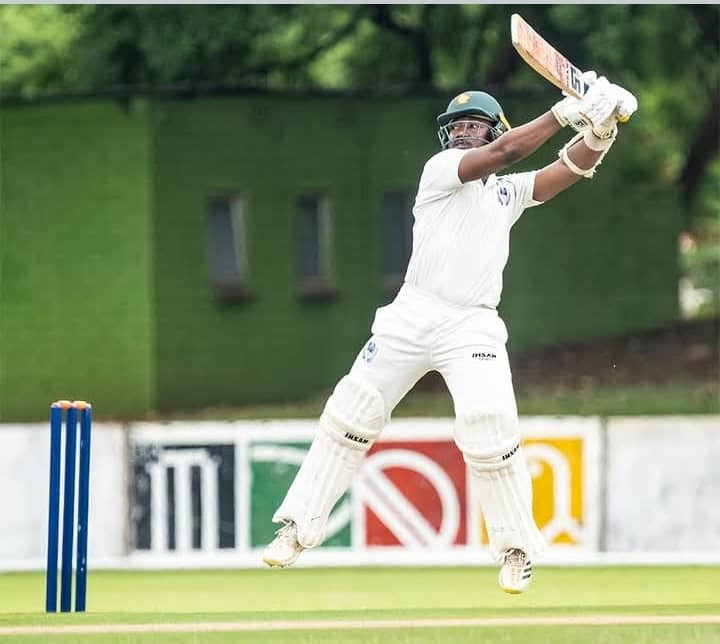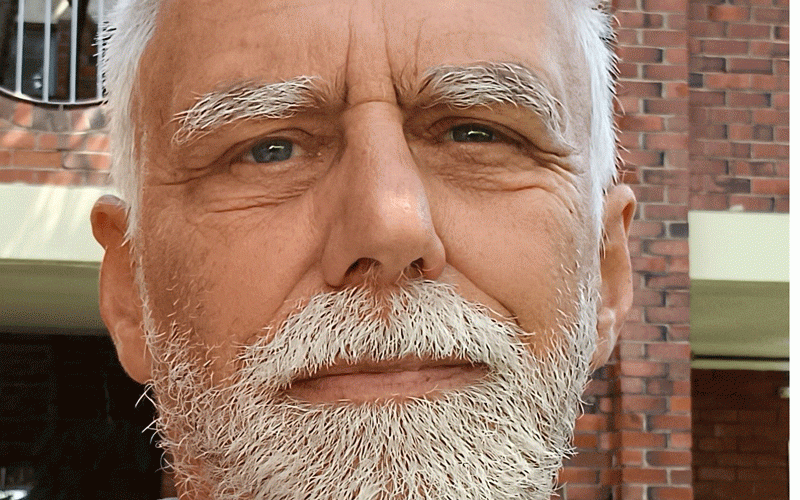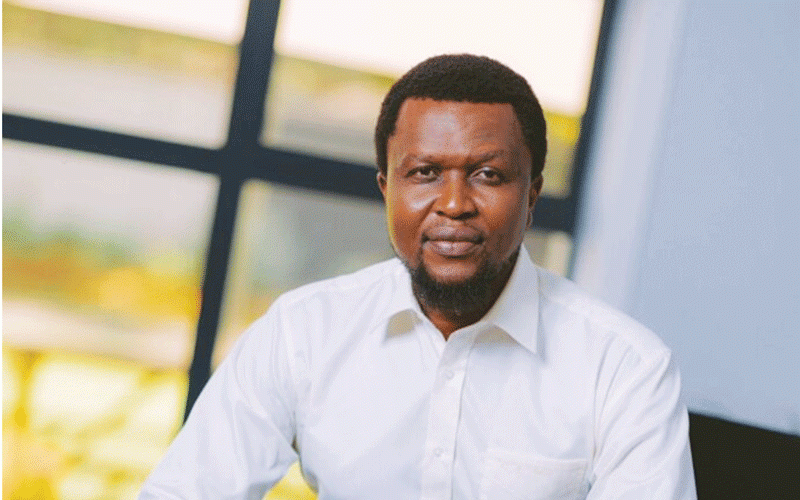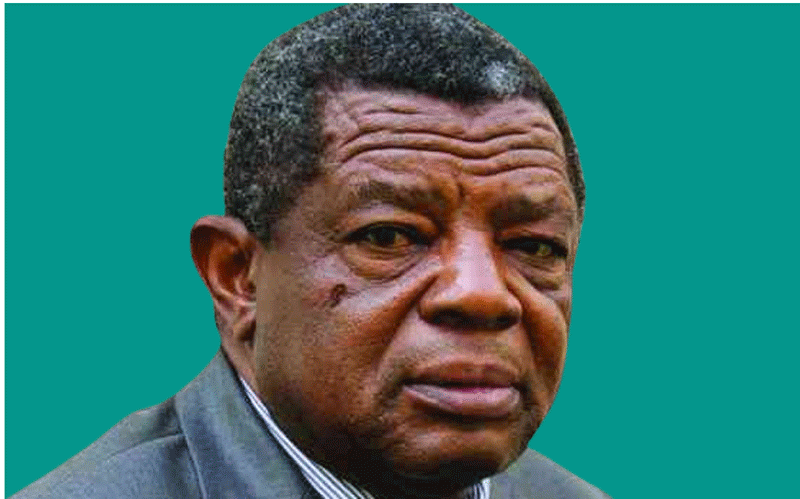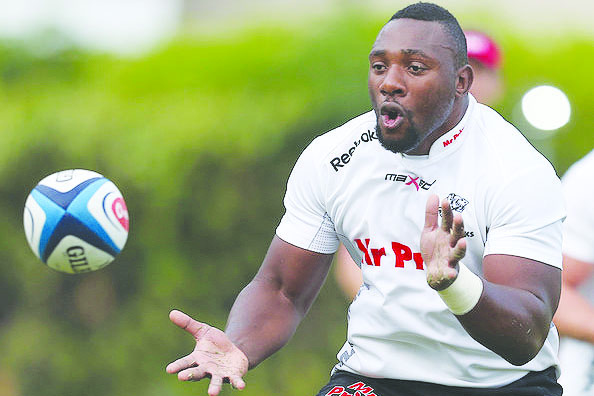
It may sound heretical, unpatriotic and unsporting to say this, but say it we must — Zimbabwe does not do well in sport at school level. Such an outrageous statement perhaps requires an explanation!
By TIM MIDDLETON
Many will be very quick to point out that this country over the years has produced world-class international competitors and winners: Nick Price, Mark McNulty and Tony Johnstone in the golfing world; Andy Flower, Heath Streak and Henry Olonga in the cricketing arena; Kirsty Coventry in swimming; the Black brothers in tennis; Tendai “The Beast” Mtawarira in rugby; Bruce Grobbelaar in soccer with the European champions Liverpool, and Peter Ndlovu; the Golden Girls, our Olympic hockey gold medal winners.
That is a pretty impressive list, though we say it ourselves! We must be doing sport well in schools if we can produce such talented, world-class international competitors and winners. So how can we dare to suggest that we do not do sport well in Zimbabwe and in particular in our schools?
The first reason to suggest we do not do sport well in Zimbabwe, in particular in schools, is that many children do not do sport at all in school. That may be due to lack of facilities, opportunities, coaches, inclination or many other factors, but consider how much better Zimbabwe might do if all children did do sport at school. As it is, all the talented youngsters in sports in schools today are being chased by numerous national sporting associations who want to capture this talent before others do. So a child is being required to choose rugby, cricket, hockey, golf or squash at a young age, because there are not enough youngsters playing all these sports.
The second reason we may make this claim is that when we actually do sport in school, we do not do it well. That is partly through using coaches (or, even worse, parents) who are not trained as teachers, who do not know how to work well with young people; partly through using teachers who are not trained in administration; partly through using parents who are not able to remain objective in their coaching or selection; but predominantly because the focus is on winning, results and skills instead of the crucial learning opportunities of teaching values and developing characters. Sport is integral to education as it provides learning opportunities that are not found in the classroom yet too often these are ignored when external coaches coach sport at school.
The major reason, however, that underlines that we do not do sport well in Zimbabwe is that over 90% of those who do play sport at school stop playing sport when they leave school. All educationists will agree that education is for life, and most will indeed argue that sport is integral (not an optional extra) to education — that therefore means that sport should be for life. We should all be continuing to participate in sport throughout our whole life, not just those talented elite athletes but all of us, yet over 90% of pupils who leave school, even those schools which require all pupils to play sport, do not continue with sport. That includes all those first team players who have sweated hard during their school career on the sports field — few of them continue, even socially or casually. It would appear therefore that schools use their pupils to boost their reputation through their sporting results, in the pursuit of victory on the sports fields at the expense of the pupils’ enjoyment; schools promote the idea that results are all that matters. Pupils do not enjoy their sport, otherwise they would continue with it; they have simply been put on the treadmill of fixtures, practices and results, going through the motions and emotions of representing their school, instead of exploring all the many exciting opportunities that sport provides for a child.
Of course, many will jump in and justify the fact that many do not continue with sport by saying there are no longer any club structures to provide opportunities for youngsters. Yet if we develop the children’s enjoyment of sport they will ensure they can continue with sport. Pupils who represent their country at Youth Olympics should be desperate to continue to full national level.
- Chamisa under fire over US$120K donation
- Mavhunga puts DeMbare into Chibuku quarterfinals
- Pension funds bet on Cabora Bassa oilfields
- Councils defy govt fire tender directive
Keep Reading
Educators, coaches, players, spectators, administrators — we are all to blame for the fact that Zimbabwe fails to do well in sport. These articles are written to try to point out areas where we can improve in order for us to do that. Let’s do it!
l The writer, Tim Middleton is a former international hockey player and headmaster. He is currently serving as the executive director of the Association of Trust Schools (ATS)] Email: ceo@atschisz.co.zw

